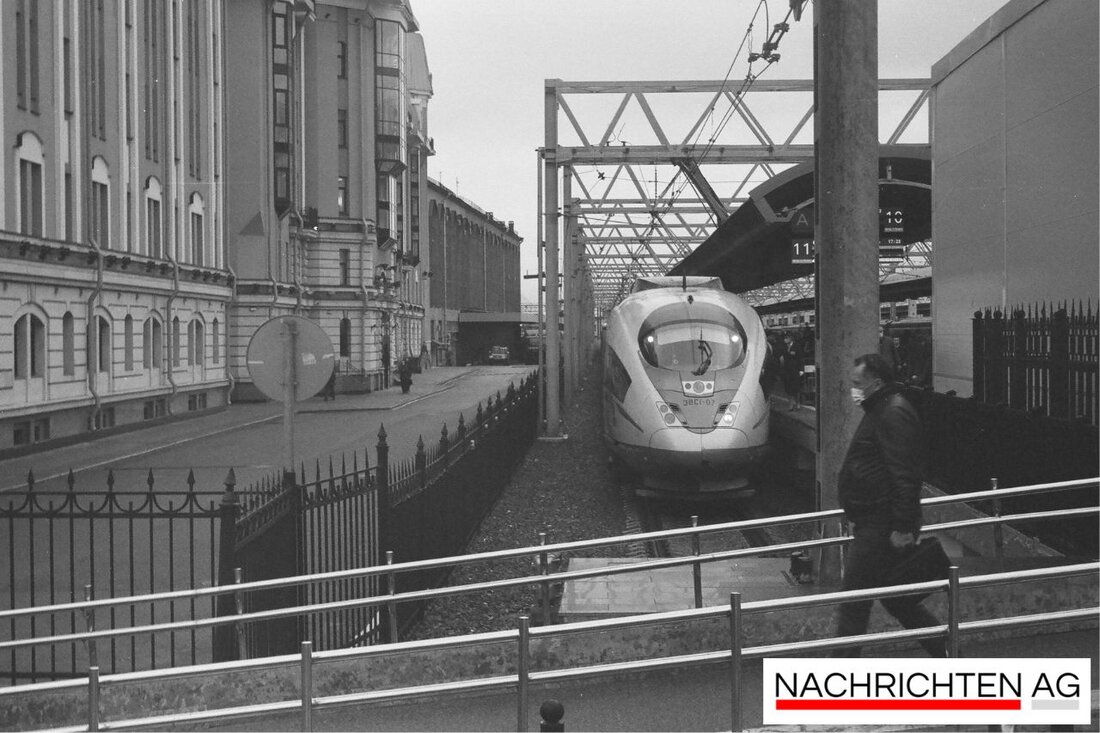Train stations as places of remembrance: 13 projects to come to terms with Nazism start!
The federal government is funding 13 projects to commemorate Nazi crimes at train stations, including Cologne-Deutz, in order to strengthen historical awareness.

Train stations as places of remembrance: 13 projects to come to terms with Nazism start!
Dark chapters of history are remembered in the shadow of the tracks. A new funding project is bringing attention to the scars left by National Socialism on German train stations. The program launched by the Federal Ministry of Culture is entitled "MemoRails: Stop! Nazi history is remembered here" and supports a total of 13 local initiatives that deal with the history of victims and perpetrators. The funded projects also include projects in Cologne-Deutz and at Göttingen train station Deutschlandfunk culture reported.
Minister of State for Culture Wolfram Weimer emphasized the importance of the culture of remembrance, which has undergone important changes in recent decades. “Today, coming to terms with one’s own history is an integral part of our reason of state,” he emphasized, pointing out the civil society commitment that is necessary for these projects. “MemoRails” is not only a financial, but also a cultural commitment to historical reappraisal. The federal government is making one million euros available for this, while the Remembrance, Responsibility and Future Foundation (EVZ) is contributing an additional 100,000 euros Culture Port supplemented.
Diverse initiatives for reappraisal
These 13 projects were selected from a large number of applications and have the clear goal of shedding light on long-unknown aspects of Nazi history. The project sponsors are diverse and range from historical societies to memorial sites to city administrations. The focus is particularly on train stations as historical places of persecution, which are often only perceived as transitory facilities, while in reality they were also scenes of deportations and forced labor.
- Gedenkort Bahnhof Trebnitz – Schloß Trebnitz Bildungs- und Begegnungszentrum e. V.
- Jugend Museum: Jugendliche erforschen die Geschichte im Park am Gleisdreieck
- Volkshochschule Meppen: Spuren der Nachbarn sichtbar machen
- Stadtverwaltung Meiningen: Spurensuche zur Zwangsarbeit
- Menschenrechtszentrum Cottbus e.V.: Deportationen und Zwangsarbeit im Nationalsozialismus
The project launches begin at the beginning of September and promise to remember the individual fates of those affected in a variety of ways. For example, the project “A Train Station Without Memory” by the German Theater in Göttingen will make the stories of the persecuted visible. In addition, the Neumünster music school is planning a series of projects that deal with the arrival of people during the Nazi era.
Changing culture of remembrance
Coming to terms with the Nazi past has long been a sensitive issue in Germany. The events were often suppressed and not discussed. It was only the student movement of the 1960s that broke this silence and called for the crimes of the past to be dealt with. As the EVZ reports, the German culture of remembrance has developed significantly since then and is now an important part of social discourse. Schools, documentaries and memorials contribute to shaping collective memory, and the aim is to constantly reflect on the events of National Socialism. This is intended to help anchor memory in an increasingly diverse society.
The upcoming projects under “MemoRails” are more than just a financial support offer; They are a call to society to actively engage with its own history and not to allow the lessons of the past to be forgotten. In Cologne and beyond, we have an exciting and important task ahead of us: keeping memories alive and remembered for future generations.

 Suche
Suche
 Mein Konto
Mein Konto